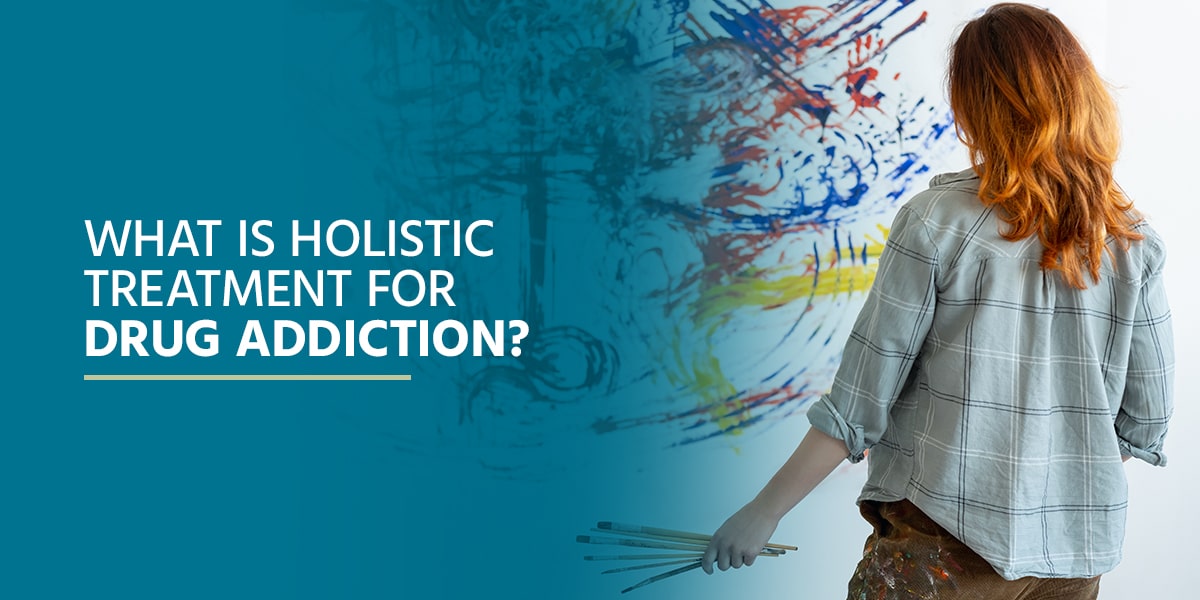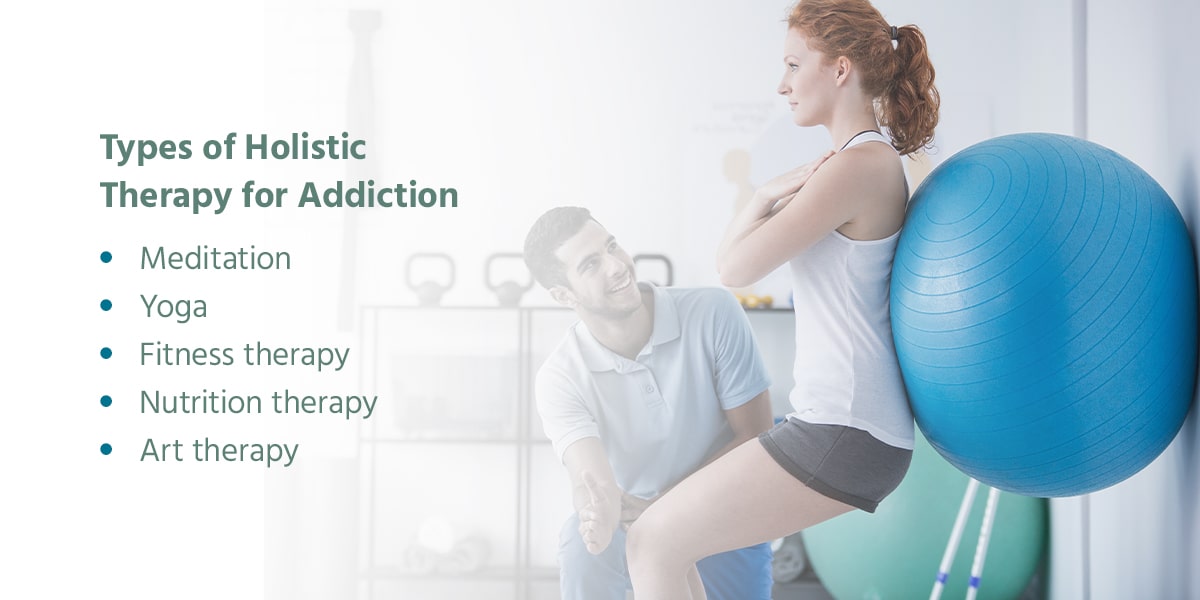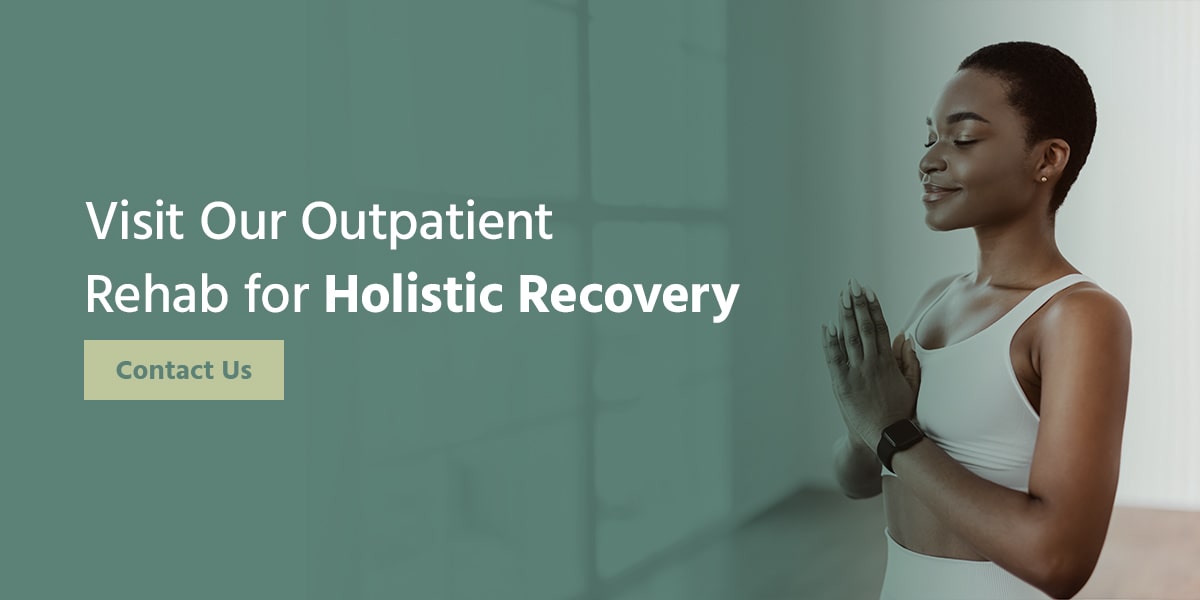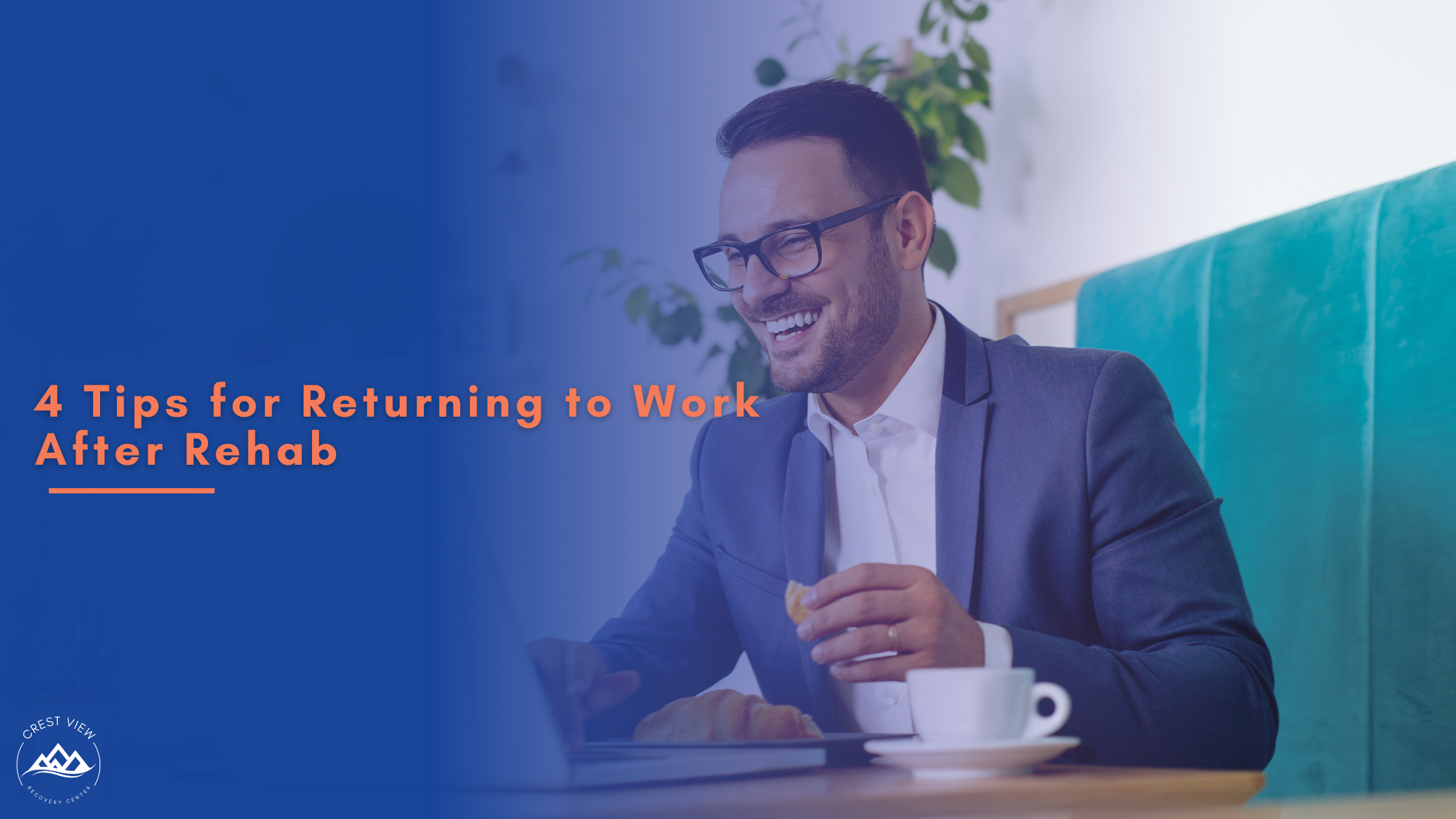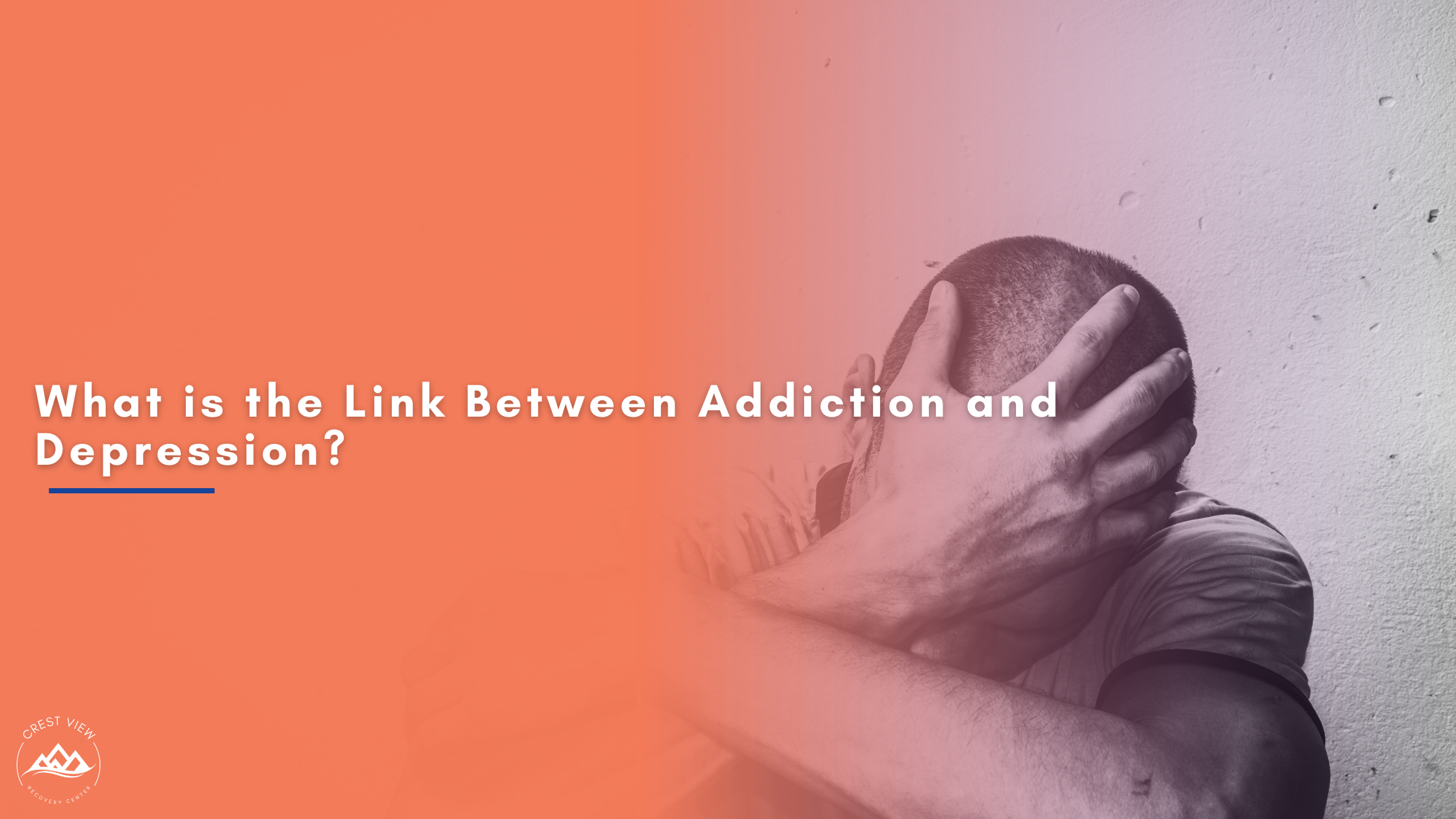Addiction is prevalent in the United States, and many people don’t seek treatment for it, either due to fear of judgment or belief that their substance misuse isn’t as harmful as it actually is. Those who seek treatment sometimes find it challenging to be successful with traditional treatment models. These frustrations can discourage people from continuing treatment, putting them at risk for relapse.
Luckily, alternative treatments are available for individuals looking for something different but just as effective. A holistic approach could be exactly what you need to kick your addiction for good. Continue reading to learn how holistic treatment can help you recover from addiction and improve your quality of life.
The Connection Between Holistic Therapy and Addiction
Rather than only treating substance abuse and its physical and mental effects, holistic addiction treatment focuses on treating the whole person. A holistic approach views all parts of a person’s health as equal, including the body, mind and soul. When treatment focuses on the whole person rather than just treating the symptoms of addiction, a person can overcome their substance abuse and see improvement in other aspects of their life.
Holistic therapy utilizes alternative medicine alongside traditional clinical practices to help people receive the highest quality of care. Alternative treatment options are attractive to many people, especially those who haven’t had as much success with traditional addiction treatment. A holistic addiction center will use non-medical rehabilitation with conventional therapies to improve each person’s quality of life. The idea is that our bodies can heal themselves, and we can assist that process through various types of holistic treatments.
Types of Holistic Therapy for Addiction
You’ll likely participate in traditional substance abuse treatment alongside holistic treatment when you enter a holistic addiction treatment program. Some traditional practices you might partake in include:
- Individual or group therapy.
- Cognitive behavioral therapy (CBT).
- Twelve-step programs.
- Relapse prevention education.
When you undergo holistic addiction treatment, you’ll likely take part in the following therapies:
- Meditation: Meditation helps you clear your mind and focus on the present moment. While you’re meditating, you’ll focus on your specific goals for addiction recovery or staying grounded. Meditation is a valuable tool to help overcome cravings and calm the mind from intrusive or triggering thoughts.
- Yoga: Multiple studies show that yoga is an excellent way to relieve stress and anxiety, especially when used alongside other forms of therapy. Yoga can help you control your breathing while building strength and relaxing the body. Meditation and yoga often go hand in hand since each relies on mindfulness. Yoga is another tool you can use when you’re stressed or experiencing cravings, reducing the risk of relapse.
- Fitness therapy: Taking care of your body will make you feel better mentally and emotionally. Regular exercise has been shown to reduce substance abuse. Participating in sports, hiking, dance or other physical activities can boost your well-being while developing your interpersonal skills. Exercise is also known to release endorphins, which help relieve pain and reduce stress — essential to maintaining long-term recovery.
- Nutrition therapy: Exercise is a vital part of your health, but so is maintaining a healthy, nutritious diet. Some foods are better for people in addiction recovery than others. For example, people should avoid sugar while they’re in recovery since they can develop a secondary addiction to sugary foods. In holistic therapy, you’ll work with a nutrition specialist who’ll guide you through the necessary diet changes.
- Art therapy: Participating in creative activities, such as painting, knitting or playing an instrument, can help people manage addiction. Creative activities help individuals safely express their emotions, which is vital for those recovering from substance abuse. Instead of using a substance to cope with stress or uncomfortable feelings, a person can use art to express their feelings and find relief.
Some holistic treatment centers offer additional treatments, but these above practices are the standard of most holistic addiction centers. While you’re participating in these practices, you’ll take part in traditional addiction treatment as well, whether that’s therapy, a 12-step program or aftercare planning.
What a Holistic Recovery for Addiction Should Look Like
When you enter a holistic addiction treatment program, you can expect it to look a lot like a rehabilitation facility. You’ll still be meeting with counselors and other professionals. However, holistic therapy is a relaxed and comfortable environment rather than a methodical and cold one, as some traditional treatment centers may be.
If you need to detox from a substance, you’ll be supervised by staff members while you clear the drug from your body. Once you’ve completed detox, you’ll participate in individual therapy or group sessions with other people who share similar experiences to your own. Talking with other people who relate to your experiences can help you feel connected and comfortable discussing your challenges. Some of these people may even turn into members of your support network.
While you’re in recovery, you’ll learn how to make the necessary lifestyle changes to reduce your risk of relapse and improve your life. You’ll be guided through each of these changes by a qualified professional, and you might see changes to your physical fitness routine, diet and coping mechanisms. You’ll never be alone while recovering from addiction, and the professional staff will become a part of your support network during treatment.
How Holistic Addiction Centers Work
When you first enter a holistic addiction center, you might participate in a detox program. Rather than using medication to assist with detox, a holistic addiction center will start with herbal supplements and diet changes. The idea is that you’re clearing your body of toxins sooner than you would in a traditional detox program.
While you’re detoxing, you’ll participate in therapies and holistic treatments to help you feel the benefits of being substance-free as soon as possible. You’ll start to focus on addressing the underlying cause of your addiction through therapy and find healthy outlets for your stress by participating in mediation, yoga or other holistic practices. The goal is to heal your body, mind and soul rather than just the parts of you that are addicted to a substance. You’ll come out of treatment sober with a new, healthy lifestyle that will benefit your everyday life.
Visit Our Outpatient Rehab for Holistic Recovery
If you’re looking to try a new approach to recover from your addiction, try Crest View Recovery Center’s holistic treatment program. Our goal with holistic treatment is to help you understand and treat the underlying causes of your addiction, give you the tools to manage your triggers and improve your overall well-being. We’ll guide you through every step of the process, so you never feel alone during recovery.
We have helped others just like you who are struggling with addiction get back on their feet. You can rest easy knowing your care is in good hands. If you’re located near Asheville, NC, and want to try holistic treatment, contact us today to get started or learn more about our programs.

